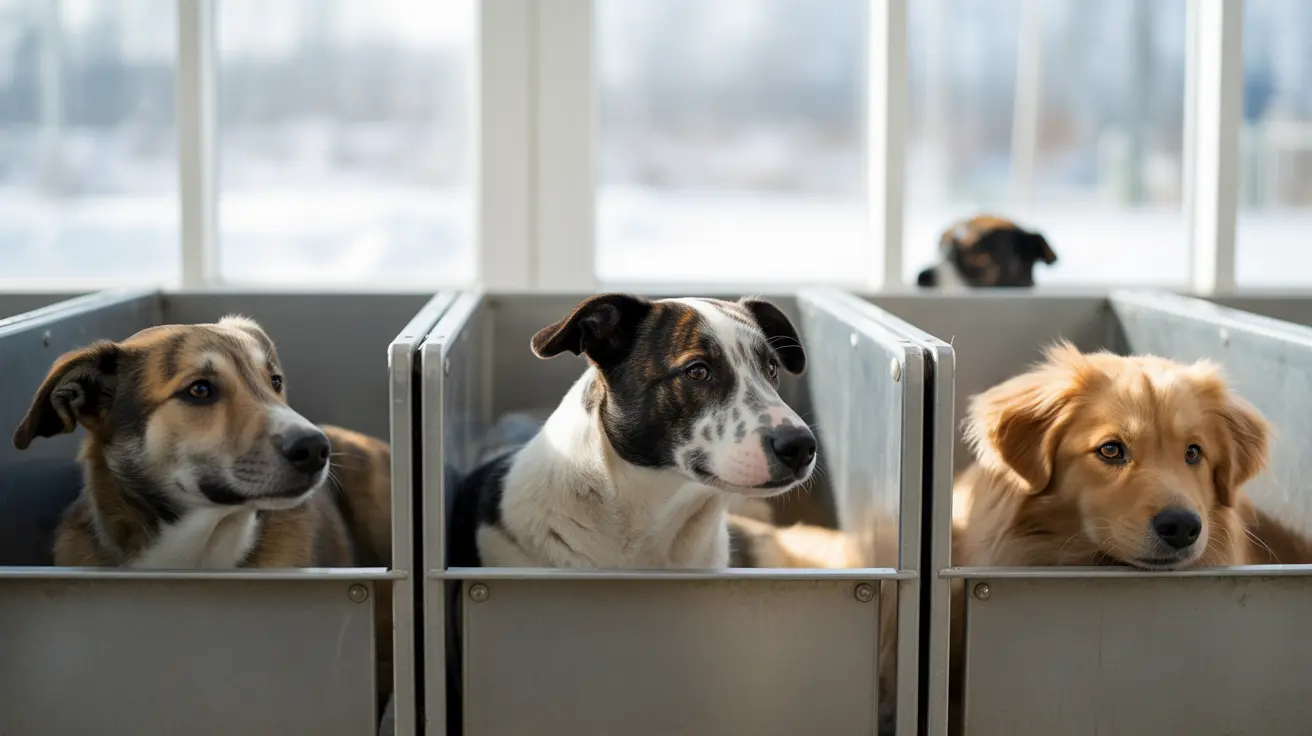A recent animal cruelty case in Maine has drawn attention to the state's commitment to protecting vulnerable pets. In February, Burnham Animal Control officers executed a removal operation, seizing multiple dogs and cats from a property owned by Alexis Ingraham, who has since been indicted on animal cruelty charges.
The case highlights the serious nature of animal welfare enforcement in Maine, where law enforcement and animal control agencies work together to protect animals from neglect and abuse. This incident represents one of several animal cruelty cases that have prompted increased scrutiny of pet ownership responsibilities in the state.
Maine Animal Cruelty Laws and Enforcement
Maine's comprehensive animal protection framework empowers local authorities to take swift action when animals are at risk. Animal Control Officers, working alongside certified humane agents, have the authority to investigate complaints and remove animals from dangerous situations when necessary.
The Role of Animal Control in Protection
In the Burnham case, local Animal Control demonstrated the crucial role these officers play in enforcing Maine's animal welfare laws. Their intervention resulted in the rescue of multiple pets, showcasing the state's commitment to preventing animal suffering through prompt action and investigation.
Animal Welfare Maine: Prevention and Response
Prevention of animal cruelty remains a top priority for Maine's animal welfare system. The state maintains a network of resources and protocols designed to identify, investigate, and address cases of animal neglect or abuse before they escalate to severe situations.
Legal Animal Protection Framework
Maine's legal system takes animal cruelty cases seriously, with penalties ranging from misdemeanors to felonies depending on the severity of the offense. These laws serve not only as punishment but as deterrents to prevent future instances of animal mistreatment.
Reporting Animal Cruelty in Maine
For concerned citizens witnessing potential animal abuse or neglect, Maine provides multiple channels for reporting. The state's Department of Agriculture's Animal Welfare Program maintains dedicated hotlines and communication systems to receive and act on reports of suspected animal cruelty.
Maine Humane Agents' Response Protocol
When reports are received, certified humane agents conduct thorough investigations to assess the situation. These professionals are trained to evaluate animal conditions and determine appropriate courses of action, from providing guidance to pet owners to removing animals when necessary.
Frequently Asked Questions
What behaviors are considered animal cruelty under Maine law?
Maine law defines animal cruelty to include physical harm, torture, neglect such as depriving animals of food, medical care, shelter, or clean conditions, abandonment especially on barren islands in winter, and causing pain through improper killing or poisoning.
What penalties can I face if convicted of animal cruelty in Maine?
Penalties range from misdemeanors with up to 364 days in jail and $2,000 fines, to felonies with up to 5 years imprisonment and $5,000 fines. Courts can also prohibit animal ownership for years or permanently, order psychological counseling, and require restitution for animal care costs.
How should I report suspected animal cruelty in Maine?
Report suspected cruelty to local animal control or the Maine Department of Agriculture's Animal Welfare Program via hotlines or email with details about the situation, animal owner, and animal condition. Prompt reporting triggers investigations.
Conclusion
The Burnham animal cruelty case serves as a reminder of the importance of vigilant animal welfare enforcement and the serious consequences of pet neglect. Maine's robust system of animal protection laws, combined with dedicated enforcement officers and clear reporting procedures, helps ensure the safety and well-being of animals throughout the state.
Pet owners are encouraged to familiarize themselves with their legal responsibilities and reach out to available resources if they need assistance in properly caring for their animals. The community's role in reporting suspected cases of animal cruelty remains crucial in preventing animal suffering and maintaining high standards of animal welfare in Maine.






